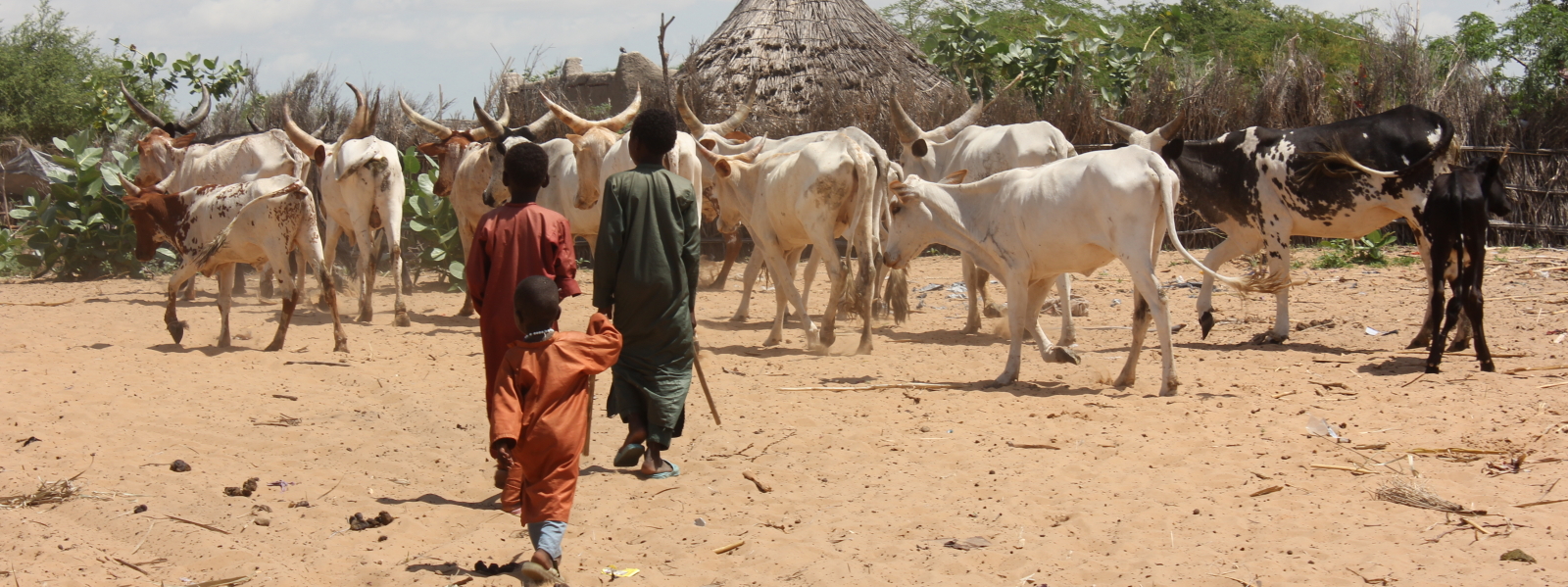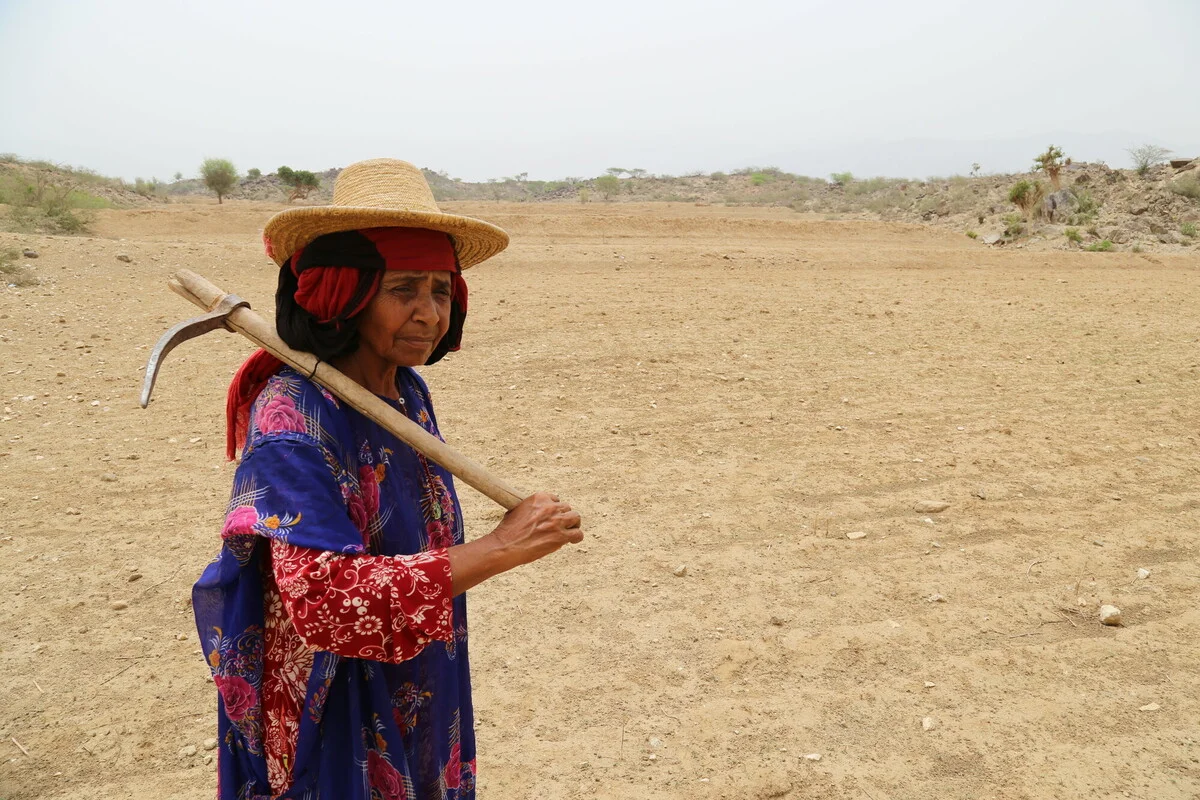With droughts in the Sahel, US and Russia, 2012 has seen rising food prices and hunger worsening. In the midst of the desert in Doha, we’ve seen another drought. A drought of climate action from rich countries who rather than responding to the challenges poised by climate change have once again failed to deliver on their promises.
Pressed in the final late hours into a ‘take it or leave it’ agreement, poor countries left the negotiations with little more than when they arrived.
Worries over future of climate finance
The end result is that finance for adaptation and reducing emissions could fall in 2013, at the very moment it needs to be increased. Facing a climate ‘fiscal cliff’ at Doha, poor countries are now hanging off the edge of the cliff with their “fingertips”.
At the 2009 Copenhagen negotiations, developed countries committed to pay $100 billion per year by 2020 to help developing countries adapt to climate change and lower their emissions. The Doha agreement fails to commit nations to scaling up their climate finance from next year in line with this promise. Australia, France and Canada all gave vague signals of their intentions. The UK and Germany made welcome announcements on their plans to increase public financing for the next few years. The US and Japan didn’t even discuss turning the tap on…
Kyoto extended but with low ambition
The second commitment period of the Kyoto Protocol, currently the world’s only legal agreement to tackle climate change, has been adopted.
Australia confirmed its commitment and joined Liechtenstein, Japan, Monaco, Norway and Switzerland in declaring that they will not meet their second Kyoto target by purchasing surplus emission permits carried over the first commitment period.
Countries must now move swiftly to deeper emissions reductions
The Doha agreement does not include any guarantees for greenhouse gas emissions to actually fall. There was hardly any discussion of increasing mitigation targets, despite the clear recognition over the past two UN climate conferences that the current targets fall far short of levels needed to avoid warming of more than the two degree Celsius limit governments have set.
You can hear from other civil society groups including Oxfam about the climate action drought at Doha in their final press conferences.
By Clancy Moore, GROW Campaign Coordinator



